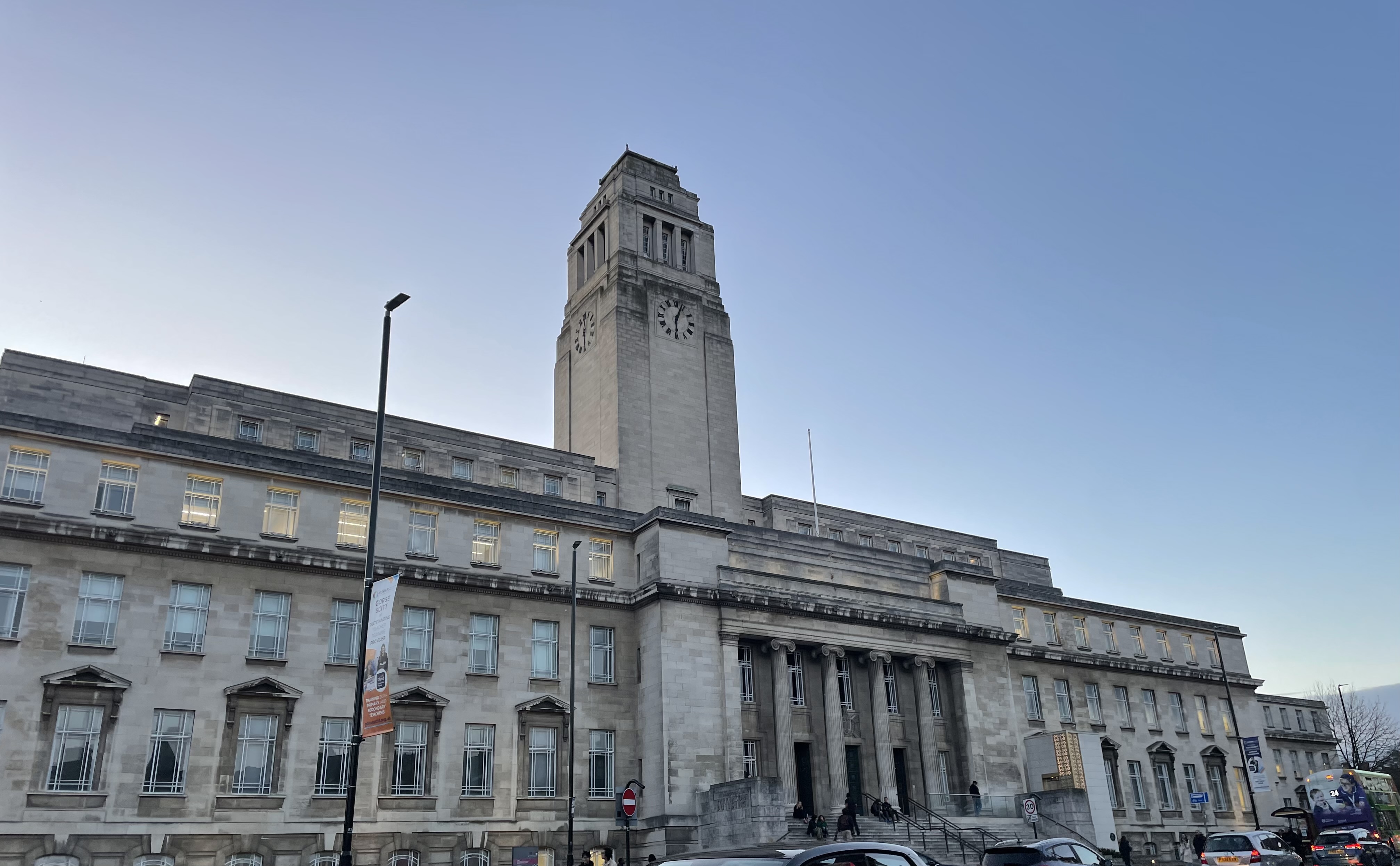
If going to university has taught me anything, it’s that a degree alone is no longer enough
Why the transition from university to the working world is tougher than ever for today’s graduates, and what needs to change
Students often find the final year of university the most demanding, faced with dissertations, exams and the pressure to succeed. But for today’s graduates, the toughest challenge arrives at the end of that journey. Students face a shrinking job market and rising living costs, widening the gap between degrees and careers. My friend once told me over a cappuccino that university “chews you up and spits you out”. It was too early at the time to understand what they meant. However, after these last few weeks of being a graduate, I’ve realised how true they were about the post-grad experience.
Every year, more university students compete fiercely at the bottom of a career ladder with oversaturated entry-level jobs. Statistics by the Institute of Student Employers show that the competition for graduate roles is at a “record high”, with 1.2 million applications for only 17,000 grad vacancies last year. Despite this, there remains an unspoken expectation that students will figure it out once they leave uni. The belief is that years of learning from professionals and earning the degree itself are enough to secure a job. Yet the reality is much more complicated.
As part of the new wave of graduates, this adjustment period to post-university life has highlighted the imbalance of outcomes amongst my peers. Some have already accepted internships and grad jobs before they even receive their university certificates. Others, like myself, have no choice but to move home, with the opportunities offered in these three years fading into the past.
Many of us will spend endless hours applying for countless jobs and preparing for the ruthless interview process, with little reward. Is post-university success purely the result of networking and interview charisma? Or does it point to a deeper issue, a lack of structured post-grad support from universities? While some degrees clearly guide graduates toward specific careers, others leave them relying on a generic careers portal.

University of Leeds
At the University of Leeds, for example, the options available for career support feel limited to the advice from your personal tutor (if you can remember their name) or booking a slot with the Careers Service. On paper, it sounds straightforward, but in reality, accessing support isn’t always so easy.
Another Leeds graduate, who went straight into full-time hospitality work after submitting her final essay, found it impossible to get help from the university. With appointments ending at 5pm, her working hours clashed entirely with the support on offer. It is experiences like this that highlight the jump from full-time student to full-time job seeker can come with little guidance.
My own experience as an English literature graduate from the University of Leeds has made it clear that uni does little to prepare students for life after graduation. While freshers are met with two weeks of welcome events, society fairs and endless support to help them settle in, there’s no equivalent for those about to leave. The transition from final deadlines to the job hunt is abrupt, leaving many of us unsure of what comes next. If more effort went into supporting graduates after university, the transition to work would feel less overwhelming.
However, the University of Leeds said in a statement: “The essential goal for the University of Leeds Careers Service is helping all our students and graduates secure employment. Additionally, it offers a wide range of opportunities which are available to students for life, after they graduate.
“The Careers Service provides a variety of ways for students to work with the team. These include one-to-one online appointments, which are offered for graduates unable to make it to campus and appointments outside of typical office hours. The dedicated graduate support team is committed to developing the employability of our students by running focused graduate events outside of office hours to help with the transition between student and graduate life.”
The job hunt is a struggle for many graduates across the UK, not just myself, or Leeds students more generally. Caitlin Morgan, a Swansea graduate, described the emotional toll of navigating the job market after leaving uni. Despite her finance and accounting degree, along with a year in industry, it still took Caitlin 647 applications and 18 months to find a graduate role. These bleak statistics show that qualifications and experience no longer guarantee a smooth transition into graduate employment, with Caitlin arguing that graduate unemployment is on the rise due to hiring companies using AI to filter out applications. This job selection process favours buzzwords and algorithm-friendly phrasing, revealing how impersonal hiring has become.

via Canva
Caitlin’s story also reveals how the hiring process itself has changed. In today’s climate, having a degree is not the job security that it is often advertised as. Graduate roles increasingly demand experience, networking and location. The less competitive internships are unpaid, creating financial barriers that make it even harder for many to access these opportunities. For the third of graduates who decide to move back home after graduation, the lack of access to city-based opportunities further limits career prospects. Not only should students receive broader advice and career guidance, but employers must reevaluate how they assess and recruit graduates.
Of course, university is more than just a pipeline into employment. With more UK students earning degrees, university is now seen as a rite of passage into adulthood. Aside from my fond memories and friends, my humanities degree has given me confidence in academic writing, critical thinking skills and a chance to learn from professors whom I admire. The tough reality however, especially for those with broad degrees, is that university skills don’t always lead to clear job opportunities.
Although I completed an internship alongside my degree, it hasn’t been enough to set me apart. So far, the opportunities I’ve secured have been unpaid while the interviews for paying jobs have been brutally competitive. One interviewer told me there were over 1,500 applicants for just five roles. After investing three years of money and effort, it seems anticlimactic to spend months with an unused qualification.
There needs to be a more honest discussion about the expectations versus realities of post-grad life. If universities want to truly prepare students for the future, the support shouldn’t end at graduation. Universities must equip students with the tools to enter the workforce because a degree alone is no longer enough.
Featured image via Canva























